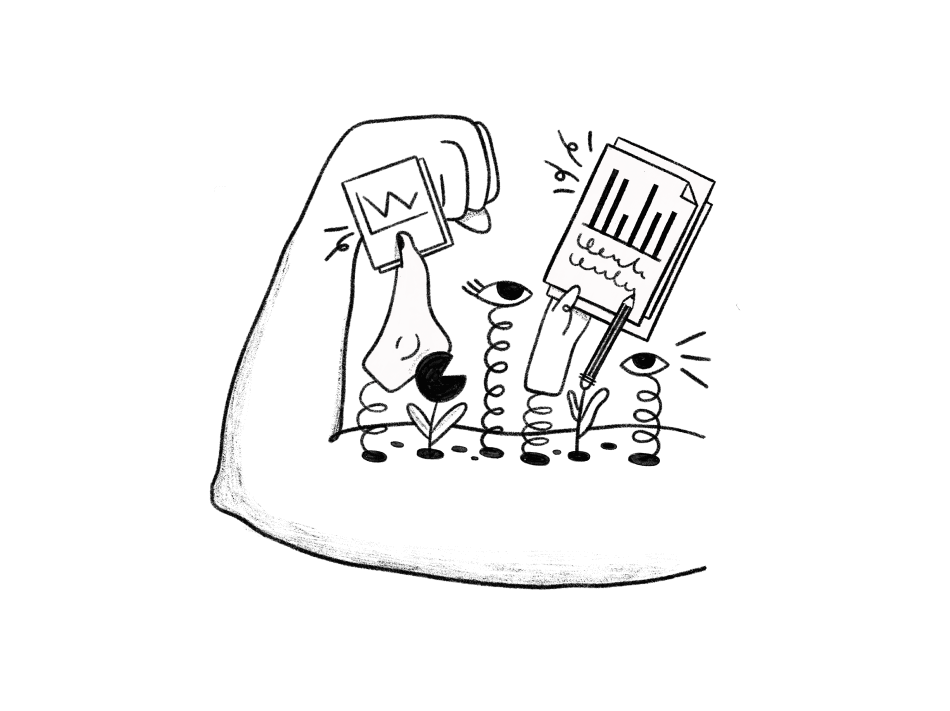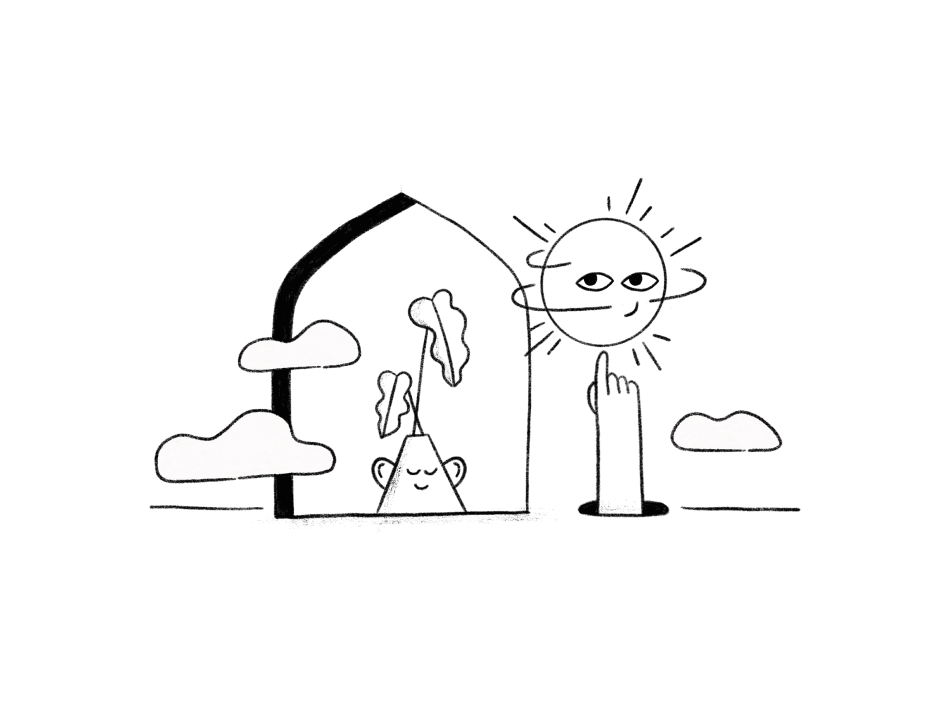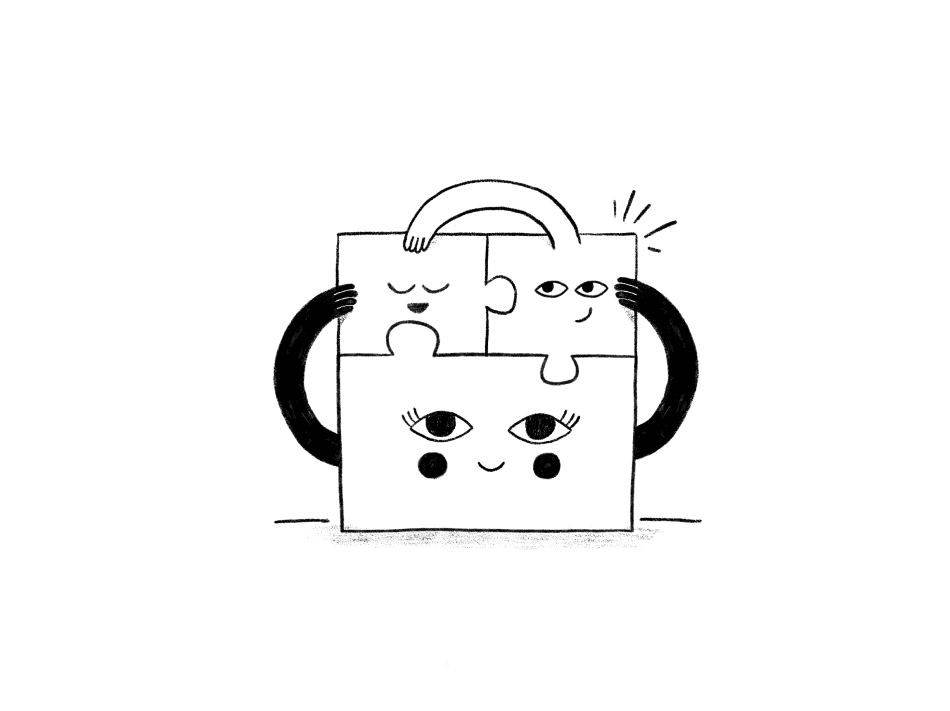Project context
Kroger’s ‘Zero Hunger, Zero Waste’ goal of rescuing surplus food from stores, has enabled Kroger to donate millions of pounds of food to worthy food banks. While retail stores have relatively structured approaches to donations, warehouses & distribution centers have more varied systems, due to a number of business and logistical challenges. This project introduces ReSKU, a web app and a companion mobile app to streamline this process by digitizing it, to facilitate faster and more efficient food donations.
Story time- The Beginning
Kroger, one of the largest grocery retailers in the United States, has long been committed to sustainability through its "Zero Hunger Zero Waste" initiative. This ambitious program aims to eliminate food waste while tackling hunger in the communities Kroger serves.
However, the process of donating unsellable but consumable goods from their warehouses to local food banks was fraught with inefficiencies. Manual paperwork, informal communication channels, and a lack of real-time data tracking made the process cumbersome and prone to errors.
From identifying unsellable goods to final delivery at food banks, every step was scrutinized. We created detailed flowcharts to visualize the journey of a donated item, identifying bottlenecks and points of failure. This comprehensive analysis revealed three key issues:
Goals
In the first leg of our research, our questions and goals were a lot broader - trying to understand overall systems and their impact on the key stakeholders. Further it involved multiple phases, including secondary research on Kroger’s sustainability goals and primary research through stakeholder interviews and warehouse visits.
Stepping Into the Warehouse
Our research journey began with visits to Kroger’s warehouses, where we hoped to get a real sense of how the food donation process worked. Walking through the busy aisles, we saw firsthand the challenges staff faced.


























